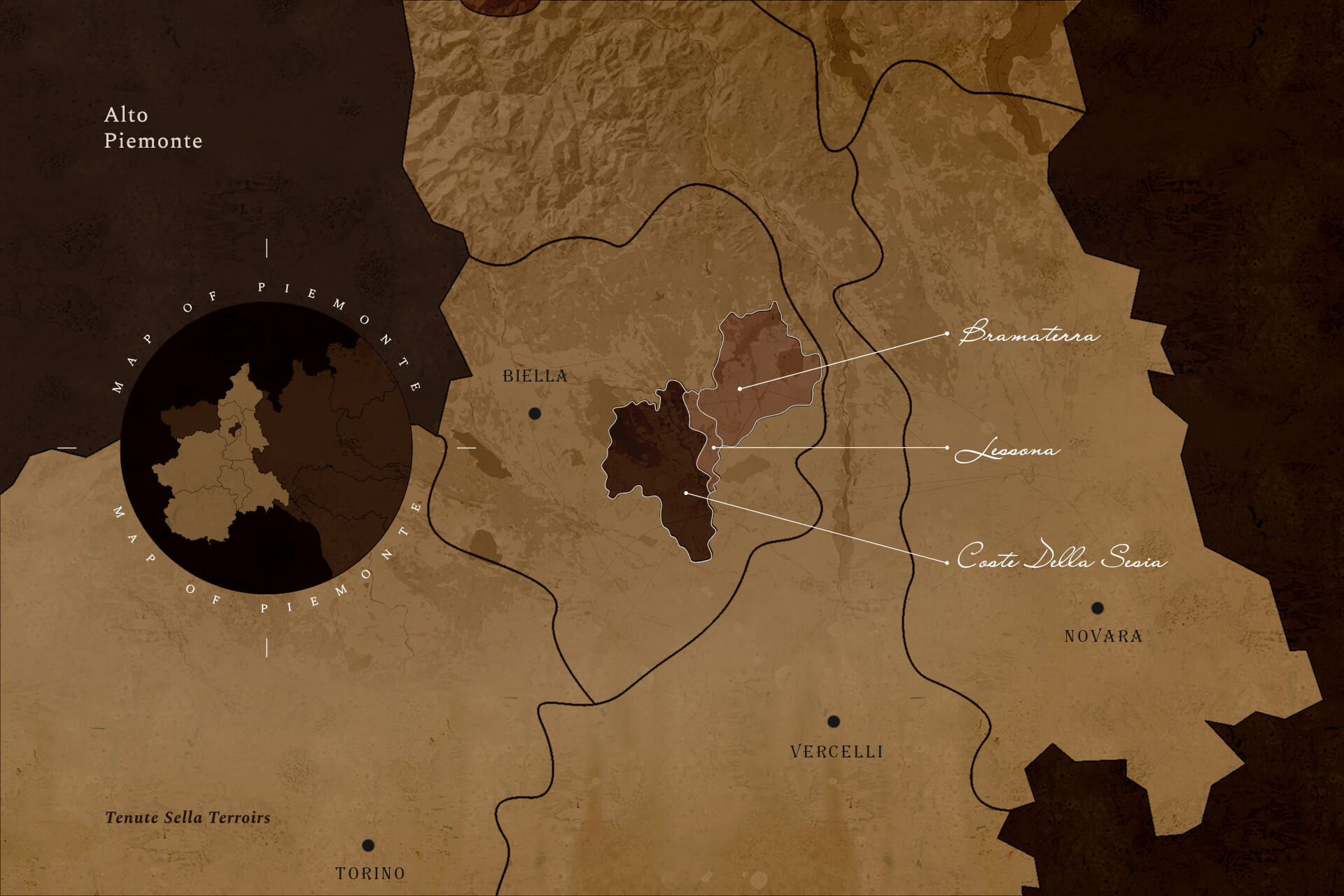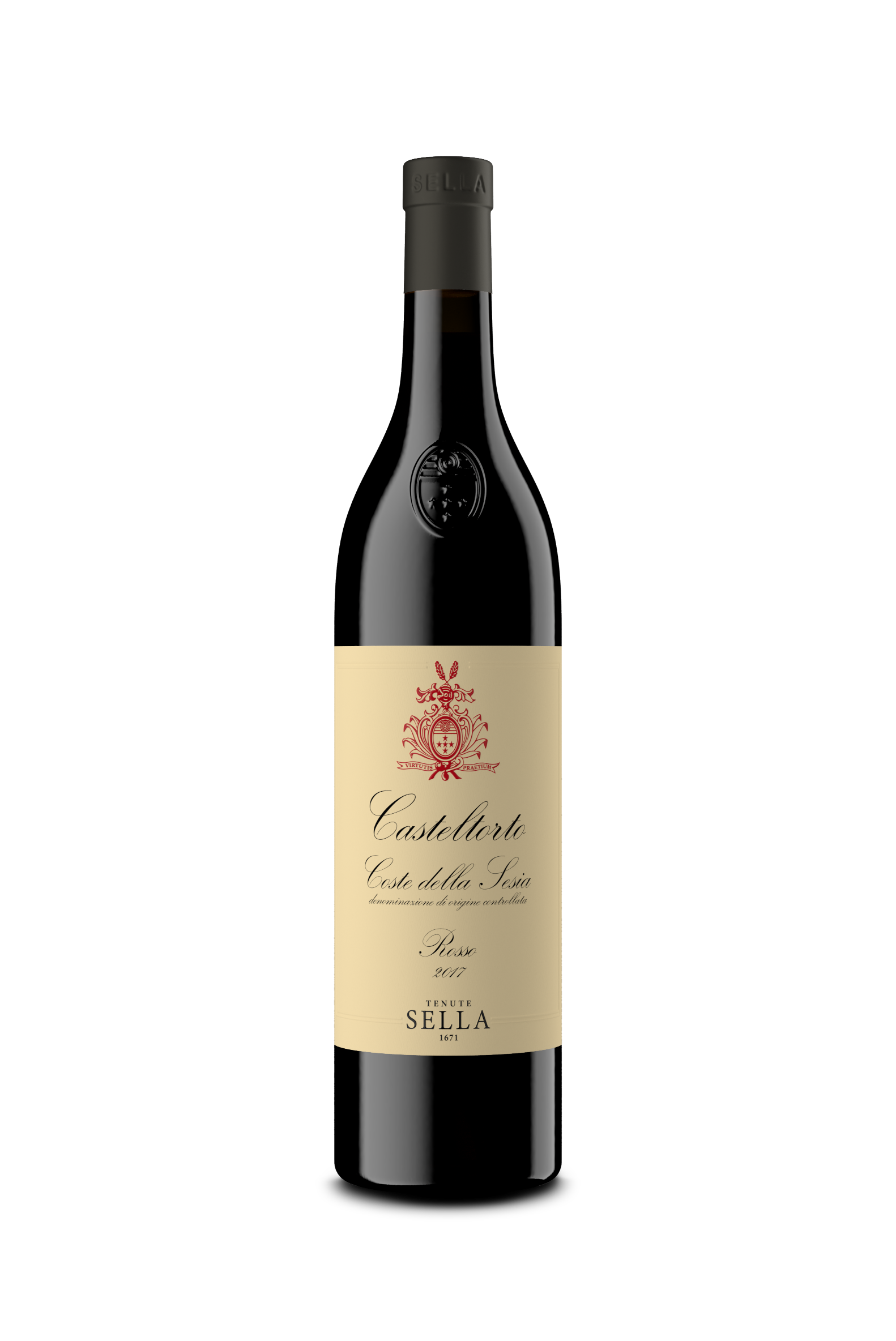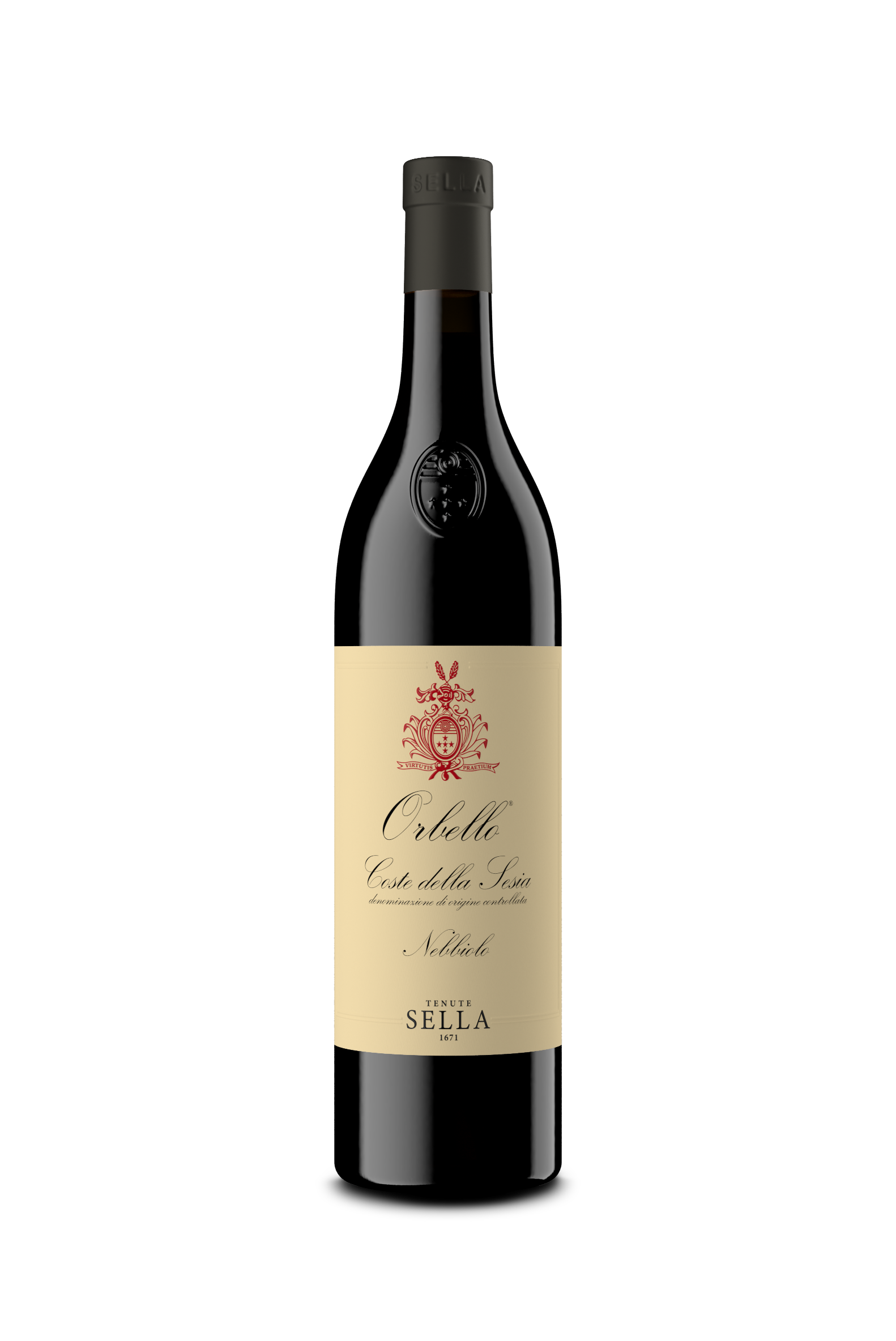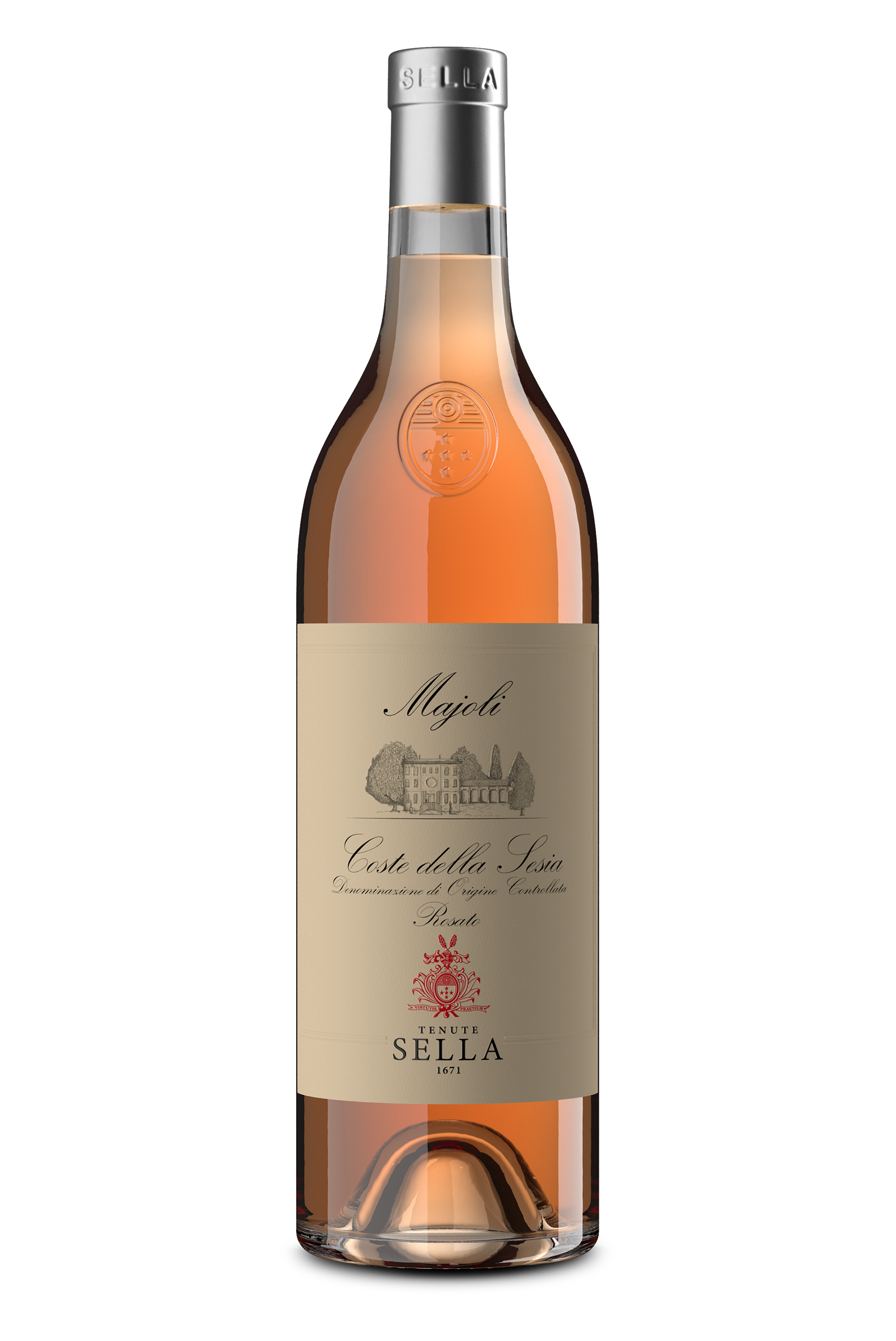CARATTERISTICHE DEL VINO
L’Erbaluce, qui chiamato Greco Novarese, è il vitigno bianco tipico dell’alto Piemonte. Nei nostri terreni, vocati alla produzione di vini rossi di alto pregio, acquisisce struttura ed un’intensità aromatica di notevole persistenza e profondità.
VITIGNI: Erbaluce 100%
1993
non effettuata
Diraspa-Pigiatura Pressatura soffice in pressa pneumatica Pulizia statica del mosto Inoculo e fermentazione in vasca in acciaio inox a 18 °c Sosta e chiarifica in vasca in acciaio inox
6 mesi in vasche in acciaio inox
entro 3 anni dalla vendemmia
3000
CARATTERISTICHE DEI VIGNETI
20 anni
collinare con terrazzamenti
Villa del Bosco: Sud-Ovest; Brusnengo: Ovest
guyot classico
inizio ottobre
270-350 metri s.l.m.
TERROIR
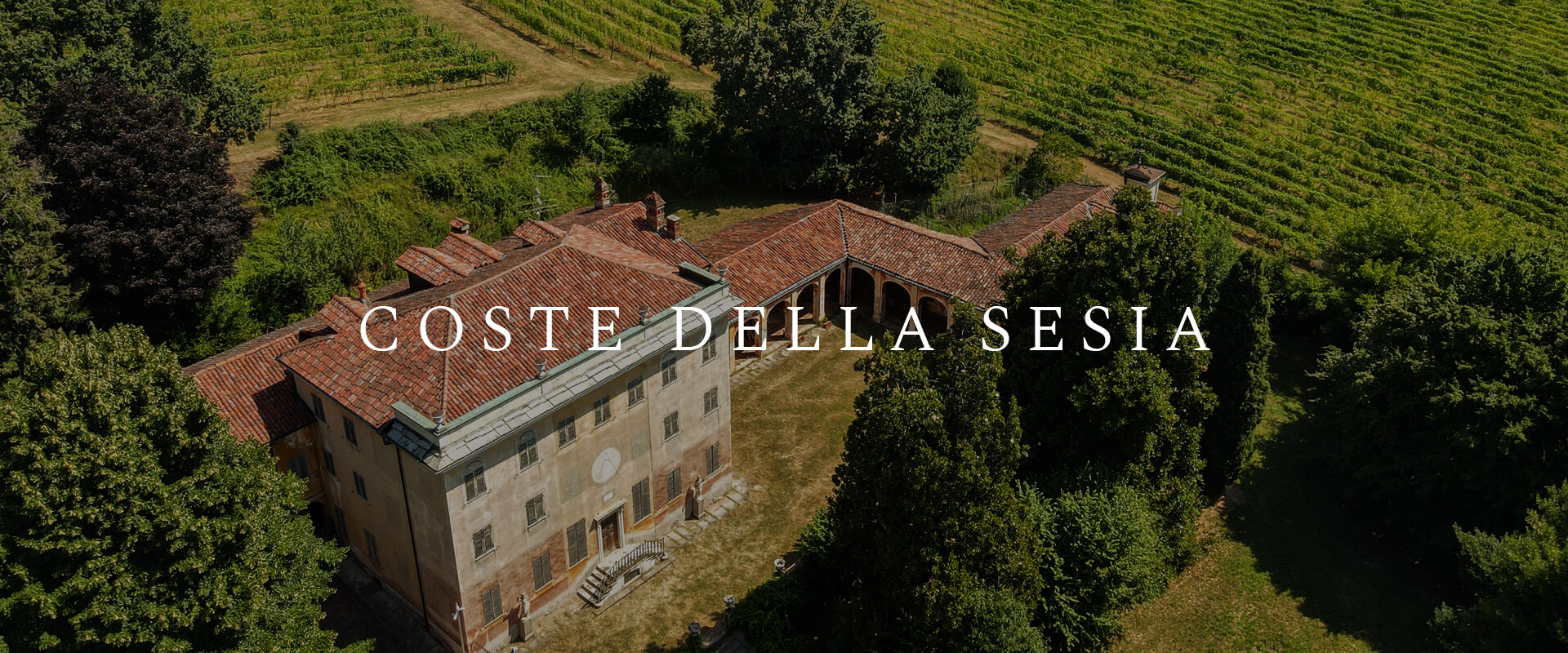
La viticultura in questa zona vanta una tradizione antica e consolidata, già in epoca Romana Plinio il Vecchio elogiava queste viti per le caratteristiche qualitative e la sua grande diffusione.
Questi luoghi sono dedicati alla vite da secoli infatti già nel medioevo si assiste ad un aumento delle zone destinate alla viticultura a cui segue una maggiore offerta di vini.
Un importante cambiamento avvenne nel XVIII secolo grazie ad una forte innovazione che coinvolse il settore agricolo, questo portò ad uno spostamento delle coltivazioni di vite nelle zone collinari. Questa tradizione vitivinicola viene anche testimoniata dai dipinti raffiguranti Bacco presenti all’interno palazzo adiacente l’attuale vigna, ciò fa comprendere come questa cultura fosse radicata nell’area.
La coltivazione e mantenimento delle vigne è il frutto di un impegno secolare da parte di diverse famiglie le quali si sono succedute nella cura dei terreni dove sorge l’attuale tenuta. Vi sono alcune testimonianze le quali indicano la famiglia Avogadro come la prima, di cui si ha attualmente traccia, che si dedicò a questa attività, inseguito nel 1808 la famiglia Rosazza (dopo un secolo divenuta De Lachenal ) acquistò il palazzo e i terreni adiacenti mantenendo viva la tradizione vitivinicola ed infine la famiglia Sella rilevò la tenuta continuando a coltivare e curare le vigne attraverso l’azienda vitivinicola famigliare “Tenute Sella”.
